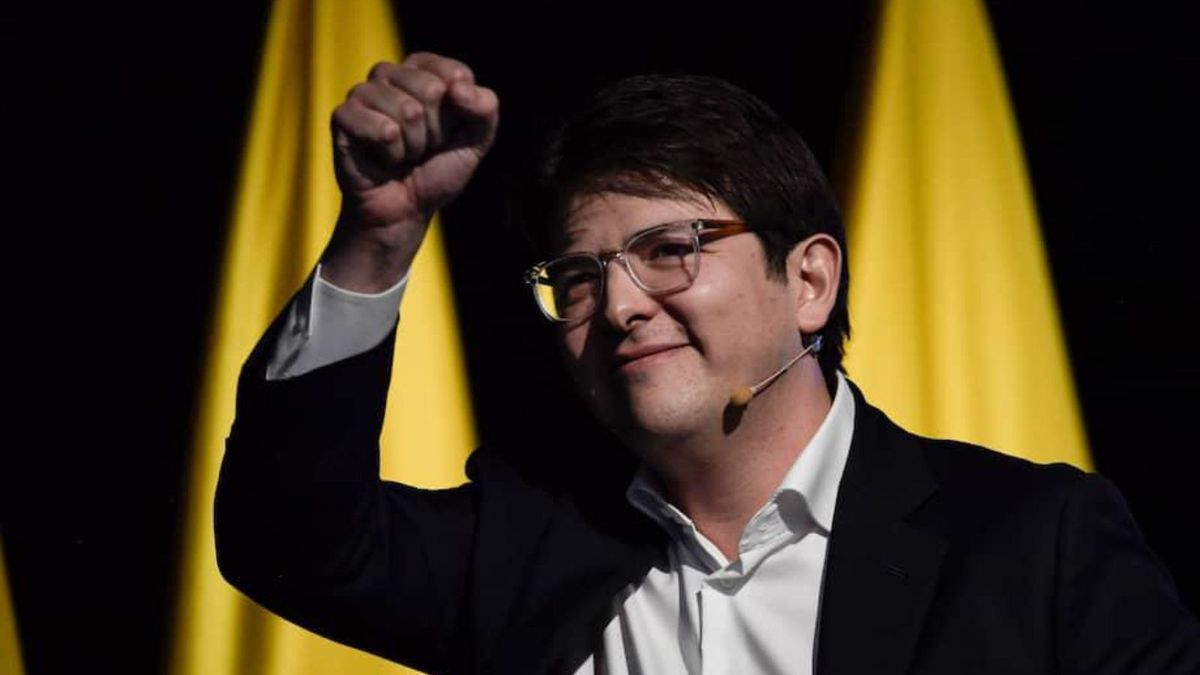While the gas industry is still dealing with the consequences of the ruble decree, the next turn of events comes from Moscow: Gazprom is withdrawing from its German subsidiary and its investments.
Surprising new step by Russia: The state-owned company Gazprom separates from its German subsidiary Gazprom Germania. What consequences this would have for the gas supply in Germany was initially completely open. According to the Federal Network Agency, the gas supply in Germany was stable on Friday.
“On March 31, the Gazprom Group terminated its stake in the German company Gazprom Germania GmbH and all of its assets, including Gazprom Marketing & Trading Ltd.”, the Russian group announced on its Telegram channel. No further details were given. Gazprom Germania initially did not comment.
According to its own statements, Gazprom Germania GmbH, based in Berlin, is a 100 percent subsidiary of the Russian energy group Gazprom. Gazprom Germania, in turn, owns other companies in the German gas industry. These include the trading companies Wingas and WIEH, the gas storage operator Astora, which operates Germany’s largest gas storage facility in Rehden, and a minority stake in the gas transport company Gascade.
One can only speculate about the strategy behind the sale of Gazprom Germania, said gas market expert Fabian Huneke from the consulting firm Energy Brainpool of the German Press Agency. “The physical assets (gas storage, gas pipelines) that will be lost from the Russian perspective with the sale of Gazprom Germania can be the pawn sacrifice to renegotiate the gas supply contracts.”
Because Gazprom Germania holds a large part of the import contracts through its two subsidiaries Wingas and WIEH. The existing import contracts are currently tied to Gazprom Export in terms of currency, price and quantity. “This contractual obligation could now be lifted, for example via the vehicle of insolvency of Gazprom Germania and its subsidiaries involved in gas trading.”
According to the Russian statement, Western countries such as Germany must open accounts with Gazprombank from Friday in order to continue receiving gas. Otherwise, deliveries to “unfriendly countries” would be stopped, President Vladimir Putin had announced. The states must therefore ensure payment in Russian currency via accounts that have an area for currencies – i.e. euros or dollars – and one for rubles. Euros or dollars could still be deposited into the Russian account. Gazprombank then exchanges the money for rubles and transfers the amount to Gazprom.
The federal government insists that payments must be made in euros or dollars, as agreed. The exact effects of the changed modalities remained unclear despite initially continuing deliveries. Analysts in Moscow assume that the system will not be fully effective until April and May. However, experts do not expect any major consequences for German companies.
According to the Russian side, the main purpose of the new scheme is to ensure that payments are received. So far, there has been the option of formally transferring the money via a European bank, but then blocking the sum. This is what the director of financial market analysis at the investment company Alfa Capital, Vladimir Bragin, told the Russian business daily “Vedomosti”. Russian Foreign Minister Sergey Lavrov made a similar statement on Friday. There was a risk that payments would continue to be made in euros or dollars and then the funds would simply be confiscated as part of western sanctions.
Source: Stern
Jane Stock is a technology author, who has written for 24 Hours World. She writes about the latest in technology news and trends, and is always on the lookout for new and innovative ways to improve his audience’s experience.




